Johannes Leisen
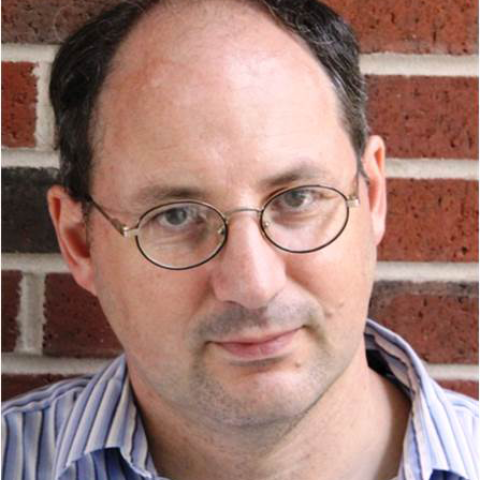

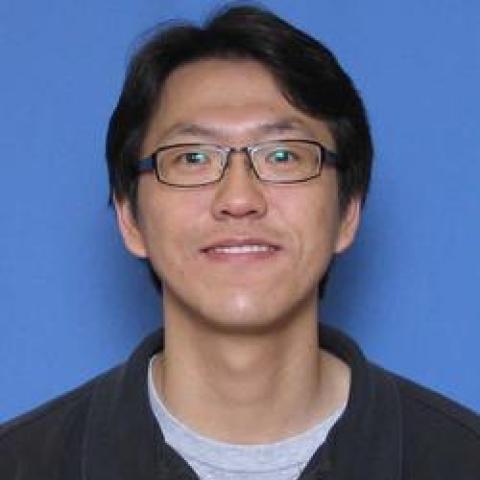
Jeong Woo Lee is a member of the Parker H. Petit Institute for Bioengineering and Bioscience.
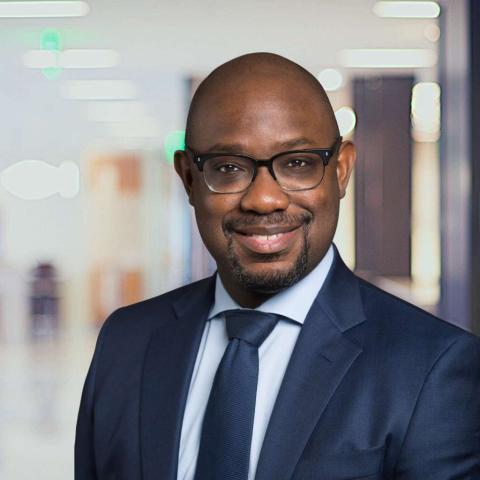
Anthony B. Law, MD, PhD, is an assistant professor in the Department of Otolaryngology at Emory University School of Medicine. A board certified head and neck surgeon, Dr. Law's clinical interest include the diagnosis and treatment of diseases and pathology of the upper aerodigestive tract, particularly laryngeal cancer. He treats disorders involving voice, airway, and swallowing using a wide array of techniques ranging from open surgery, endoscopic minimally invasive surgery, and laser surgery.
Dr. Law earned his MD and also his PhD in biophysics and biochemistry from the University of North Carolina in Chapel Hill, NC. He completed his residency in otolaryngology/head & neck surgery and his fellowship in laryngology at University of Washington in Seattle, WA.
Dr. Law's primary research interests lay in modeling of complex biology and clinical systems. He has broad experience in mathematical modeling and computational models. Historically, he has used machine learning to predict rates and locations of metastasis in head and neck squamous cell carcinoma. His current focus is in applying machine learning to characterize and categorize pathology of the larynx.
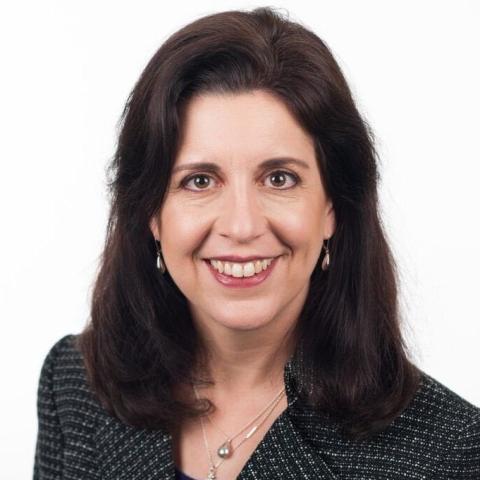
Michelle C. LaPlaca, Ph.D. is an Associate Professor in the Department of Biomedical Engineering, a joint department between Georgia Tech and Emory University. Dr. LaPlaca earned her undergraduate degree in Biomedical Engineering from The Catholic University of America, Washington, DC, in 1991 and her M.S.E. (1992) and Ph.D. (1996) in Bioengineering from the University of Pennsylvania, Philadelphia, PA, in the area of neuronal injury biomechanics. Following post-doctoral training in Neurosurgery at the University of Pennsylvania’s Head Injury Center from 1996-98, she joined the faculty at Georgia Tech. Dr. LaPlaca’s research interests are in neurotrauma, specifically: traumatic brain injury, injury biomechanics, cell culture modeling of traumatic injury, neural tissue engineering, and cognitive impairment associated with brain injury and aging. Her research is funded by NIH, NSF, and the Coulter Foundation.
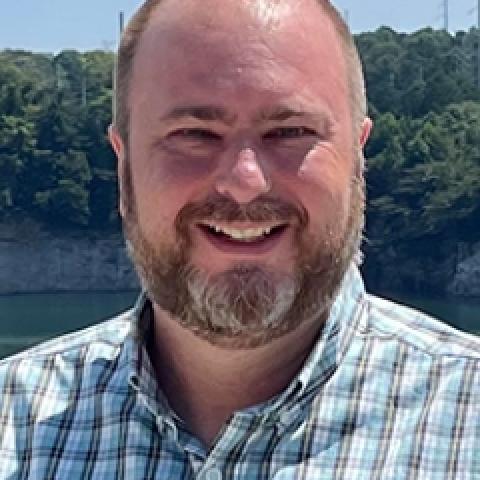
Joe Lachance is an Assistant Professor in the School of Biological Sciences at Georgia Institute of Technology and a member of the Cell and Molecular Biology Research Program at Winship Cancer Institute.
Lachance received his Ph.D. in Genetics from Stony Brook University in Stony Brook, New York. He conducted his postdoctoral studies as a NIH Kirschstein postdoctoral fellow at the University of Pennsylvania.
Lachance's research is in the areas of human evolutionary genomics, population genetics, and health disparities. His lab integrates large genome-scale datasets with evolutionary theory and computer simulations. They have found evidence of ancient introgression in Africa, inferred that the leading edge of the out-of-Africa migration involved an excess of males, discovered that genetic risks of cancer have decreased over evolutionary time, and identified novel targets of positive selection.
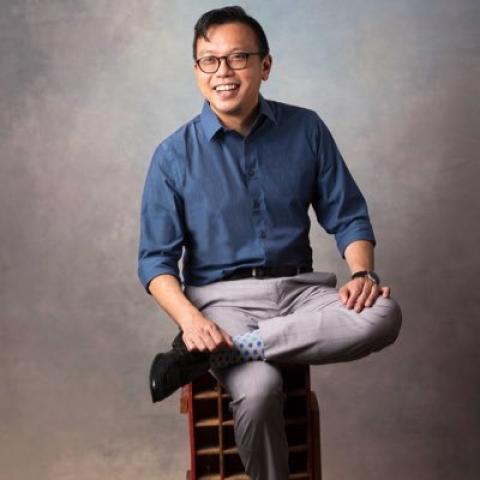
Dr. Wilbur Lam received his B.A. from Rice University in 1995, his M.D. from the Baylor College of Medicine in 1999 and his Ph.D. from the University of California,San Francisco/University of California, Berkeley Joint Graduate Group in Bioengineering in 2008. He completed his Residency in Pediatrics from UCSF in 2002 and was a Postdoctoral Fellow at UC Berkeley from 2008-2010. Dr. Lam's research involves integrating microtechnology ,development, experimental hematology and oncology and clinical medicine. His interdisciplinary laboratory, comprising clinicians, engineers, and biologists, is dedicated to applying and developing micro/nanotechnologies to study, diagnose, and treat blood disorders, cancer, and childhood diseases. This unique "basement to bench to bedside" approach to biomedical research is enabled by our lab's dual locations at the Emory University School of Medicine and the Georgia Institute of Technology and our affiliations with the Children's Healthcare of Atlanta hospitals.
Cellular mechanics of hematologic processes and disease, microfluidics, microfabrication, BioMEMs, point-of-care diagnostics, pediatric medicine, hematology, oncology. Our interdisciplinary laboratory, comprising clinicians, engineers, and biologists, is dedicated to applying and developing micro/nanotechnologies to study, diagnose, and treat blood disorders, cancer, and childhood diseases. This unique "basement to bench to bedside" approach to biomedical research is enabled by our lab's dual locations at the Emory University School of Medicine and the Georgia Institute of Technology and our affiliations with the Children's Healthcare of Atlanta hospitals.
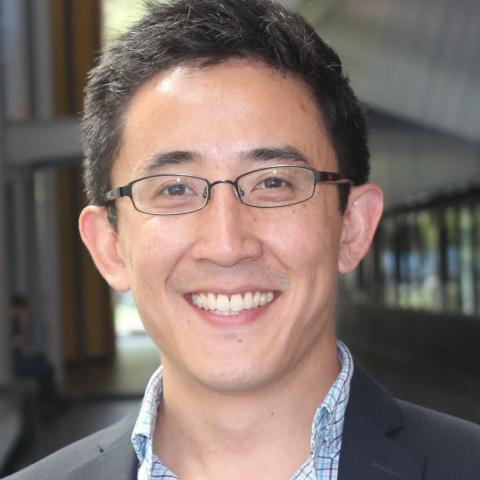
Dr. Gabe Kwong is a Professor in the Wallace H. Coulter Department of Biomedical Engineering at the Georgia Tech School of Engineering and Emory School of Medicine. His research program is conducted at the interface of the life sciences, medicine and engineering where a central focus is understanding how to harness the sophisticated defense mechanisms of immune cells to eradicate disease and provide protective immunity. Kwong has pioneered numerous biomedical technologies and published in leading scientific journals such as Nature Biotechnology and Nature Medicine. His work has been profiled broadly including coverage in The Economist, NPR, BBC, and WGBH-2, Boston 's PBS station. Professor Kwong earned his B.S. in Bioengineering with Highest Honors from the University of California, Berkeley and his Ph.D. in Bioengineering from California Institute of Technology with Professor James R. Heath. He conducted postdoctoral studies at Massachusetts Institute of Technology with Professor Sangeeta N. Bhatia. For his work, Dr. Kwong has been awarded the NIH Ruth L. Kirschstein National Research Service Award, named a "Future Leader in Cancer Research and Translational Medicine" by the Massachusetts General Hospital, and awarded the Burroughs Wellcome Fund Career Award at the Scientific Interface, a distinction given to the 10 most innovative bioengineers in the nation. Dr. Kwong holds seven issued or pending patents in cancer nanotechnology.
Human health has been transformed by our collective capacity to engineer immunity — from the pivotal development of the smallpox vaccine to the curative potential of recent cancer immunotherapies. These examples motivate our research program that is conducted at the interface of Engineering and Immunology, and where we develop biomedical technologies and applications that shape a diverse array of immunological systems.The questions that are central to our exploration include: How do we begin to study an individual's repertoire of well over one billion immune cells when current technologies only allow us to study a handful of cells at a time? What are the biomarkers of immunological health as the body responds to disease and ageing, and how may these indicators trigger clinical decisions? And how can we genetically rewire immune cells to provide them with entirely new functions to better fight complex diseases such as cancer?To aid in our studies, we use high-throughput technologies such as next-generation sequencing and quantitative mass spectrometry, and pioneer the development of micro- and nanotechnologies in order to achieve our goals. We focus on clinical problems in cancer, infectious diseases and autoimmunity, and ultimately strive to translate key findings into therapies for patients.
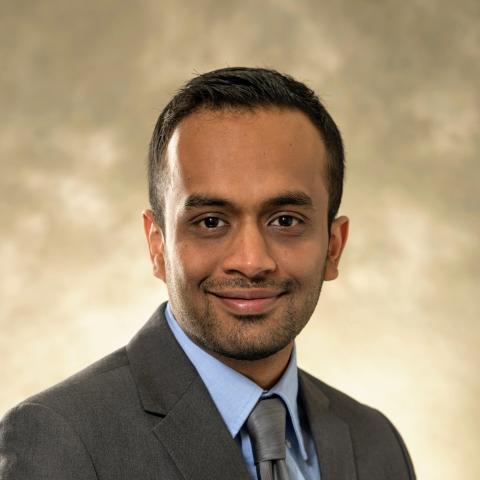
Dr. Aditya Kumar is an Assistant Professor in the School of Civil and Environmental Engineering at the Georgia Institute of Technology. Previously, he was a Postdoctoral Researcher in Aerospace Engineering at the University of Illinois at Urbana-Champaign. He received his bachelor’s degree from the Indian Institute of Technology, Delhi, and his doctorate from Illinois.
Dr. Kumar’s main area of research is mechanics and physics of soft materials. Specifically, his research group develops mathematical theories and their computational implementation to study fundamental problems in materials like elastomers, adhesives, and biological tissues. Recent work includes the development of a fracture theory for elastomers that has been able to explain experimental observations that had puzzled scientists for decades. This work has also provided a unifying perspective on fracture in all brittle solids, soft or hard, and has led to an ongoing search for a complete theory of nucleation and propagation of fracture for all solids. Currently, his group is also working on the nonlinear mechanics of material evolution (remodeling) in biological tissues and the multi-physics modeling of 3D printing in polymers.
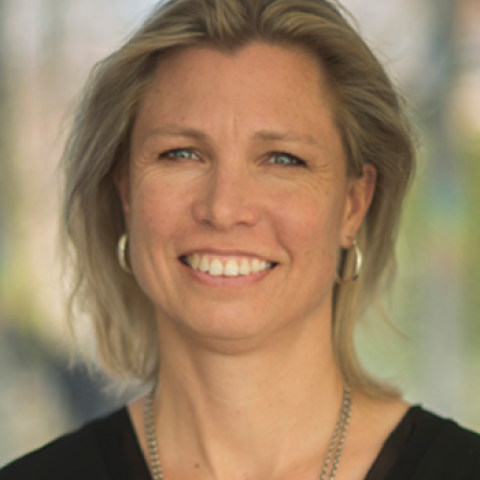
Julia Kubanek serves as Georgia Tech’s Vice President for Interdisciplinary Research and is a professor in the School of Biological Sciences and the School of Chemistry and Biochemistry. In this role, she oversees and supports interdisciplinary activities at Georgia Tech including the Interdisciplinary Research Institutes (IRIs); the Pediatric Technology Center (PTC), the Novelis Innovation Hub; the Center for Advanced Brain Imaging (CABI); and the Global Center for Medical Innovation (GCMI). She also partners across the institute on developing and advancing new research initiatives based on student and faculty interests, expertise, and societal need.
Kubanek has held several previous leadership roles at Georgia Tech, including Associate Dean for Research in the College of Sciences and Associate Chair in the School of Biological Sciences. She joined the faculty at Georgia Tech in 2001. Her areas of research interest include chemical signaling among organisms (especially in aquatic systems), natural products chemistry, metabolomics, chemical biology, and drug discovery. She has authored approximately 100 research articles on marine plankton and coral reef chemical ecology, and on the discovery, mechanism of action, and biosynthesis of marine natural products. She was awarded the NSF CAREER Award in 2002, the Presidential Early Career Award for Scientists and Engineers (PECASE) in 2004, and was elected Fellow of the American Association for the Advancement of Science (AAAS) in 2012. In 2016, she served as chair of the Gordon Research Conference in Marine Natural Products; since 2016, she has chaired the Scientific Advisory Board of the Max Planck Institute for Chemical Ecology. Kubanek received her B.Sc. in Chemistry from Queen’s University, Canada, in 1991 and her Ph.D. in at the University of British Columbia in 1998, and performed postdoctoral research at the University of California – San Diego and the University of North Carolina at Wilmington.

Selected recent publications:
➤ Robert G. Mannino, Eric J. Nehl, Sarah Farmer, Amanda Foster Peagler, Maren C. Parsell, Viviana Claveria, David Ku, David S. Gottfried, Hang Chen, Wilbur A. Lam, and Oliver Brand, “The critical role of engineering in the rapid development of COVID-19 diagnostics: Lessons from the RADx Tech Test Verification Core” Science Advances. 9, eade4962 (2023). https://www.science.org/doi/10.1126/sciadv.ade4962
➤ Liu ZL, Bresette C, Aidun CK, Ku DN. (2021) SIPA in 10 milliseconds: VWF tentacles agglomerate and capture platelets under high shear. Blood Advances doi.org/10.1182/bloodadvances.2021005692
➤ Kim DJ, Ku DN. “Structure of shear-induced platelet aggregated clot formed in an in vitro arterial thrombosis model” Blood Adv (2022) 6 (9): 2872–2883. doi.org/10.1182/bloodadvances.2021006248
➤ Kim DJ, Bressette C, Liu Z, Ku DN. Occlusive thrombosis in arteries. APL Bioengineering 2019;3, 041502. https://doi.org/10.1063/1.5115554
Licensed Patents:
➤ Ku, D.N., Wootton, D.M., Greer-Braddon, L., “Poly(vinyl Alcohol) Cryogel,” No. 5,981,826 and 6,231,605, issued May 15, 2001. Licensed; created prosthetic cartilage; acquired by Wright Medical. $645 million
➤ Denoziere, G., Ku, D.N., “Methods of Producing PVA Hydrogel Implants and Related Devices,” issued U.S. Patent No. 8,038,920, Licensed to Mimedx. Market cap >$600 million.